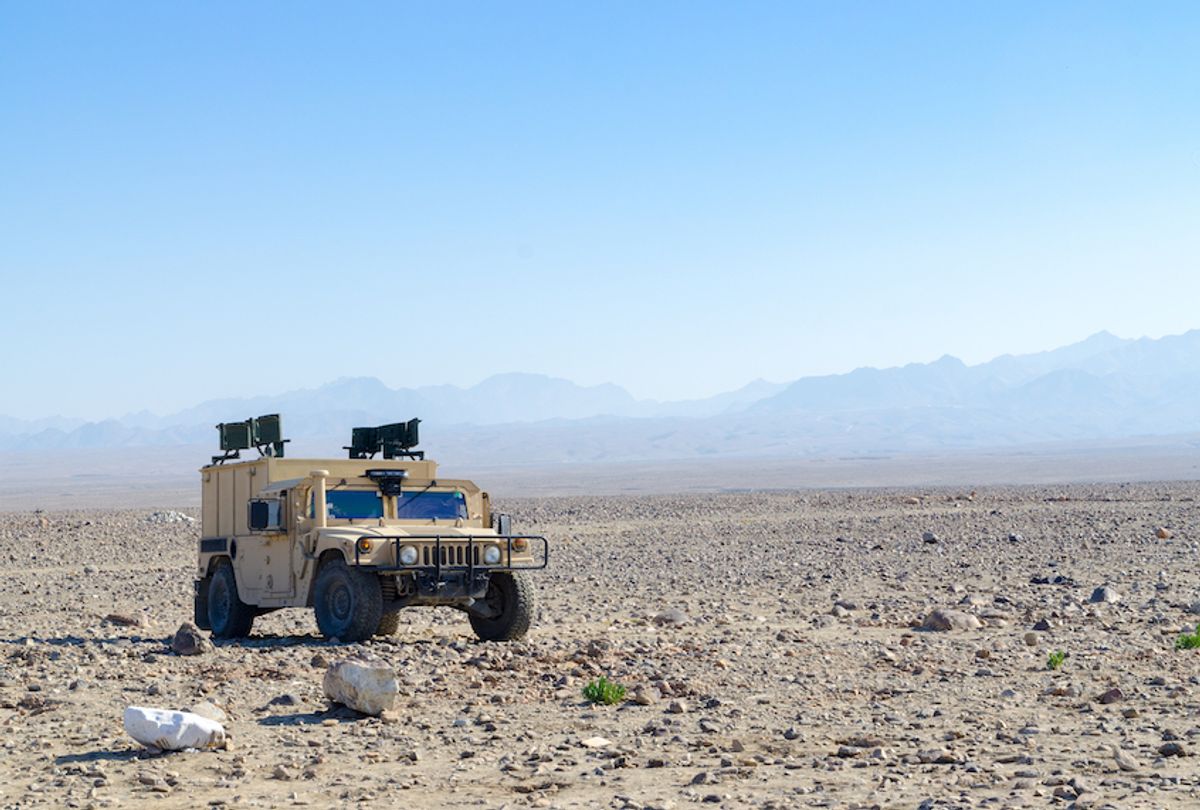
Washington’s delusion of endless world dominion: Is it finally collapsing?
SalonEmpires live and die by their illusions. In the aftermath of World War II, America's Cold War leaders had a clear understanding that their global power, like Britain's before it, would depend on control over Eurasia. While Portugal's strategy, as recorded in royal decrees, was focused on controlling maritime choke points, Britain benefitted from the systematic study of geopolitics by the geographer Sir Halford Mackinder, who argued that the key to global power was control over Eurasia and, more broadly, a tri-continental "world island" comprised of Asia, Europe, and Africa. China's Eurasian strategy After all that, it seems remarkable that Washington's current generation of foreign policy leaders, like Britain's in the 1950s, is so blindingly oblivious to the geopolitics of empire — in this case, to Beijing's largely economic bid for global power on that same "world island". In a striking parallel with that sixteenth century chain of 50 fortified Portuguese ports, Beijing has also acquired special access through loans and leases to more than 40 seaports encompassing its own latter-day "world island" — from the Straits of Malacca, across the Indian Ocean, around Africa, and along Europe's extended coastline from Piraeus, Greece, to Zeebrugge, Belgium.
History of this topic
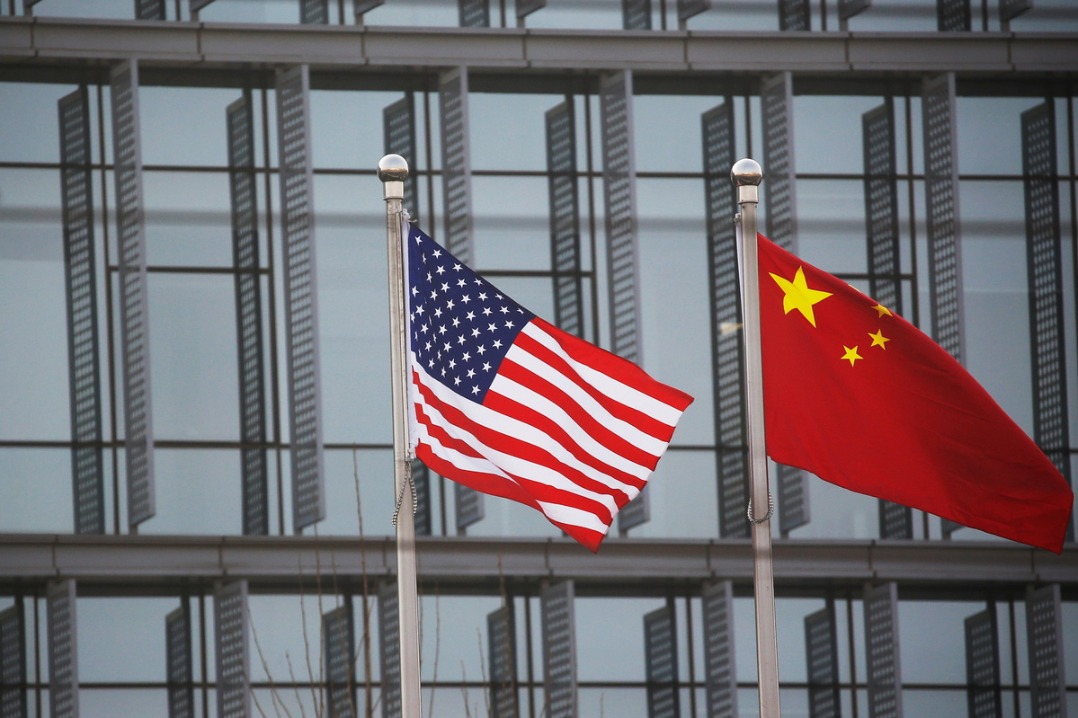
China ready to meet challenges of Trump era
China Daily
75 years' progress vital for China and world
China Daily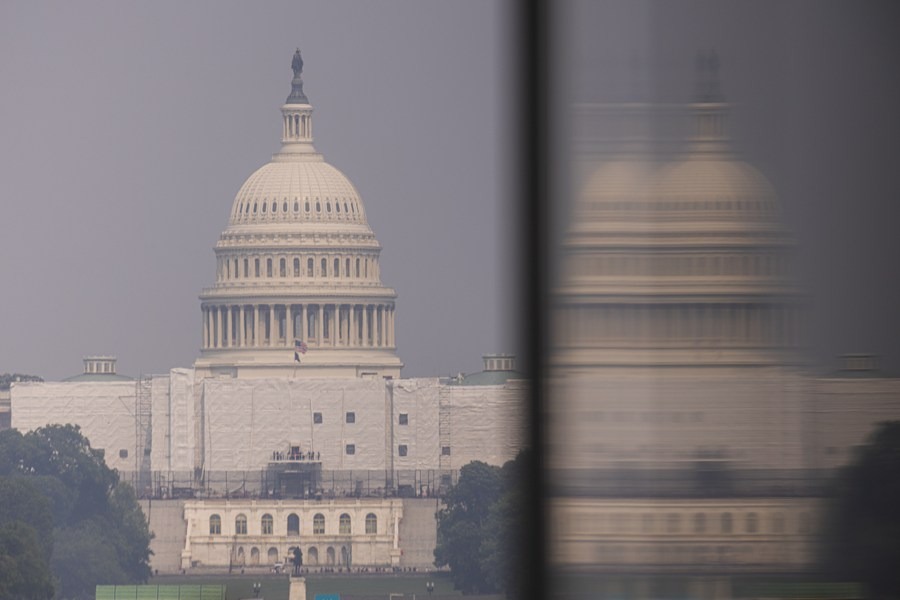
Washington caught in trap of distorted view of China's development objectives: China Daily editorial
China Daily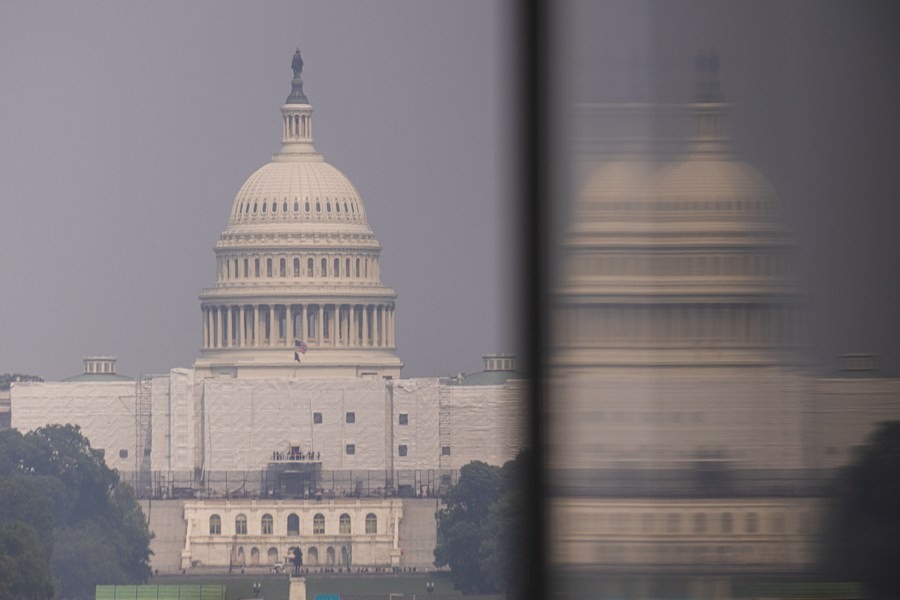
US could learn a thing or two from its own diplomacy failings
China Daily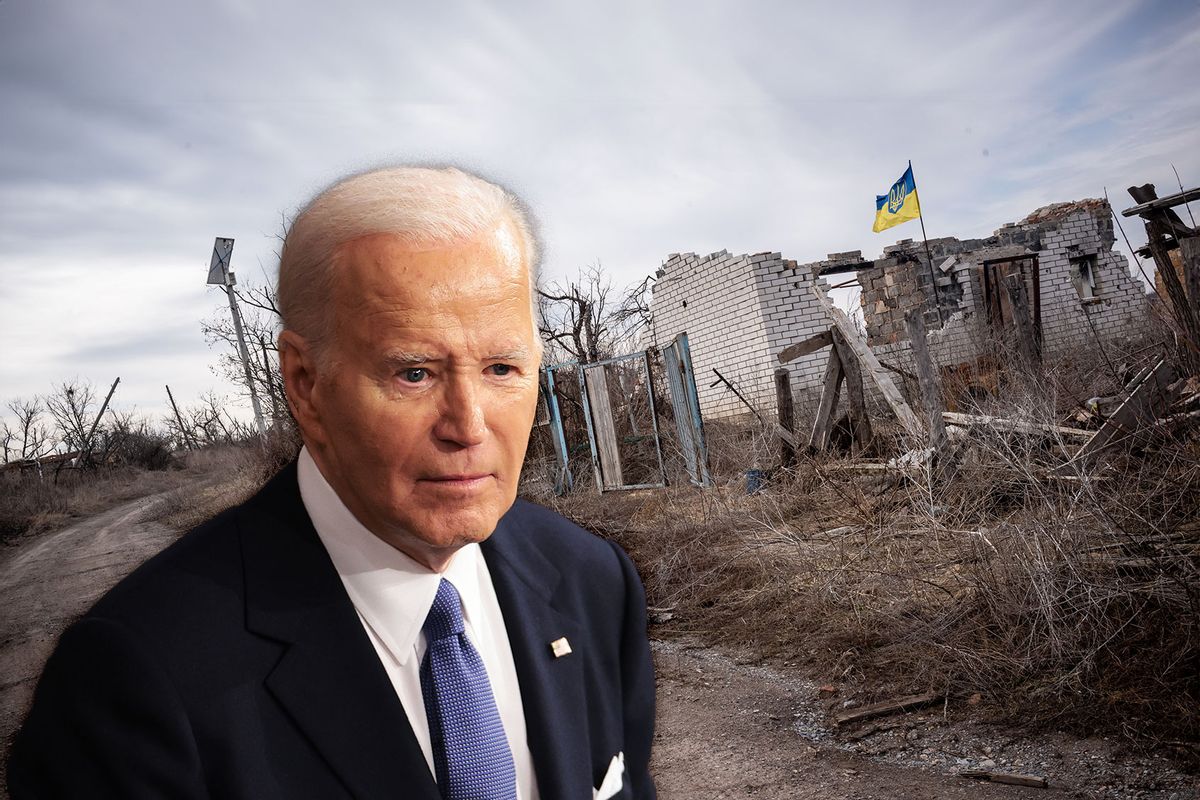
Facing three global crises, the American empire may be nearing final collapse
SalonThe US warns of a Chinese global disinformation campaign that could undermine peace and stability
Associated Press
Not Macron’s China views, global double standards are the problem
Al Jazeera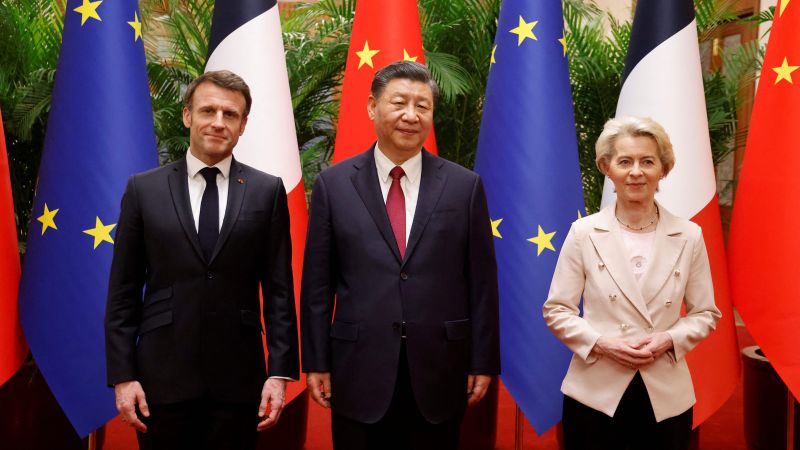
World leaders are lining up to meet Xi Jinping. Should the US be worried?
CNN
China Has a New Vision for Itself: Global Power
Live Mint
DC Edit | Xi aims at global governance
Deccan Chronicle
DC Edit | How real is the China threat?
Deccan Chronicle
China accuses Washington of trying to block its development
Deccan Chronicle)
Kamala Harris accuses China of coercion and intimidation in SCS; Beijing hits back, says US foreign policy 'selfish'
FirstpostDiscover Related
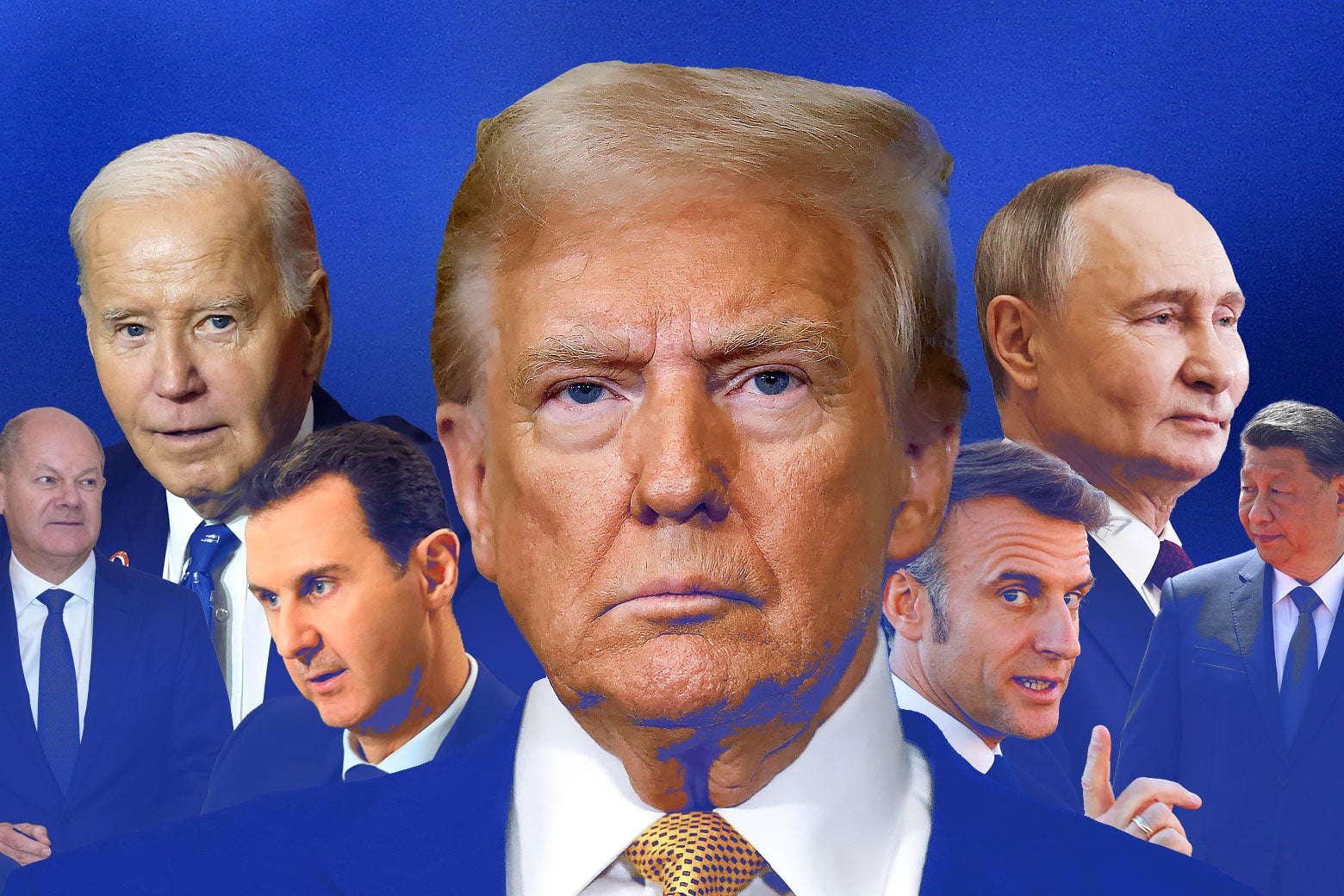


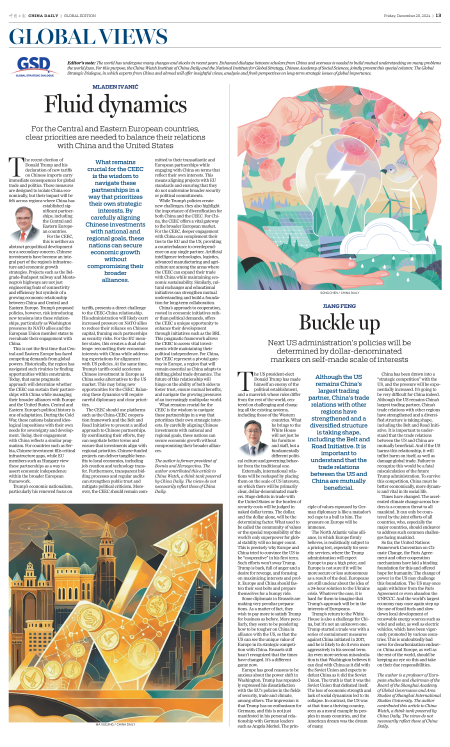

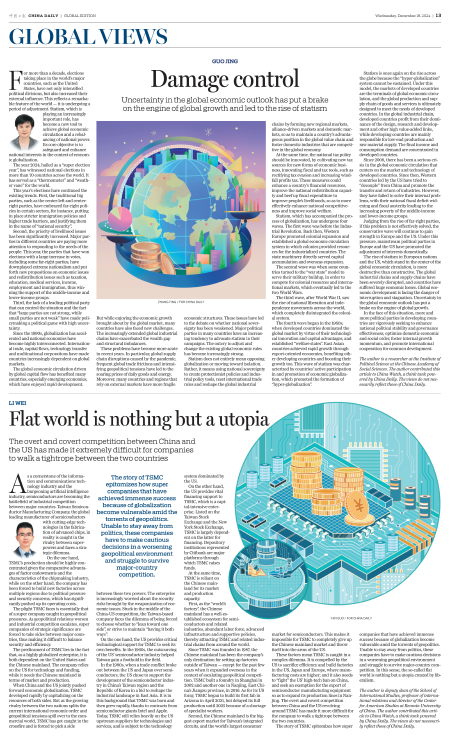
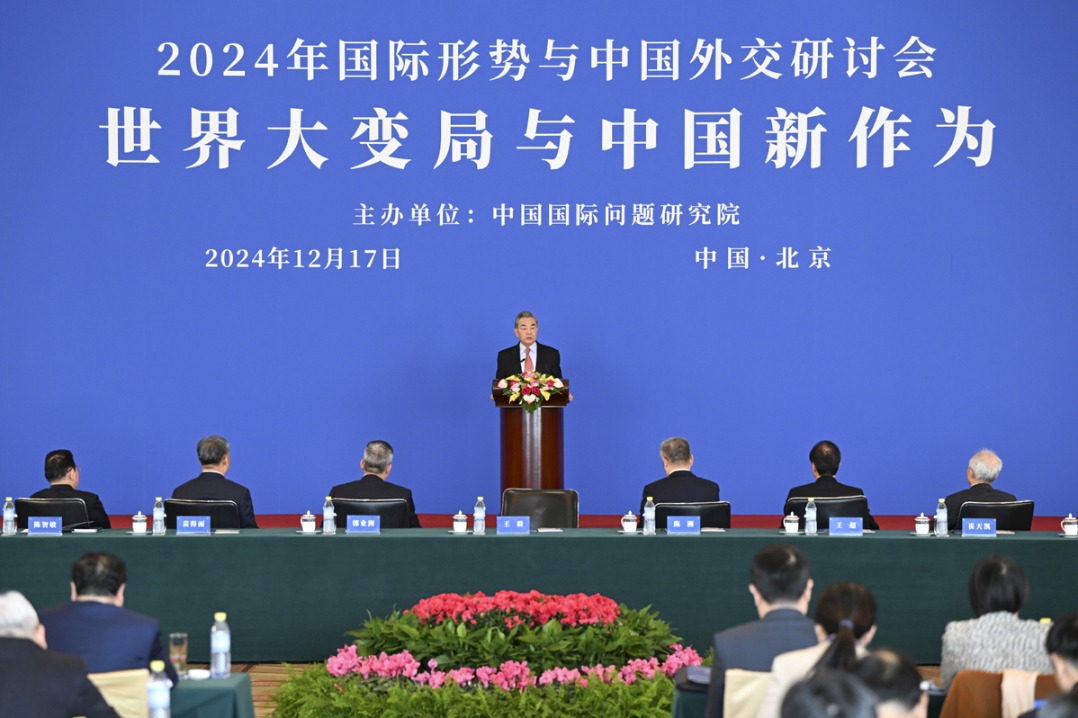
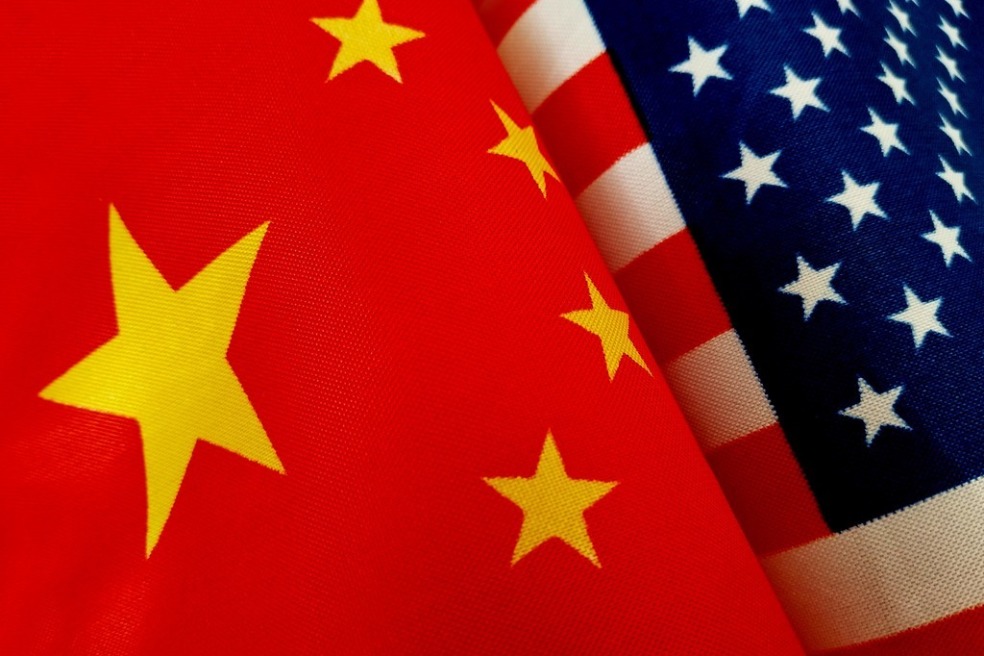


)


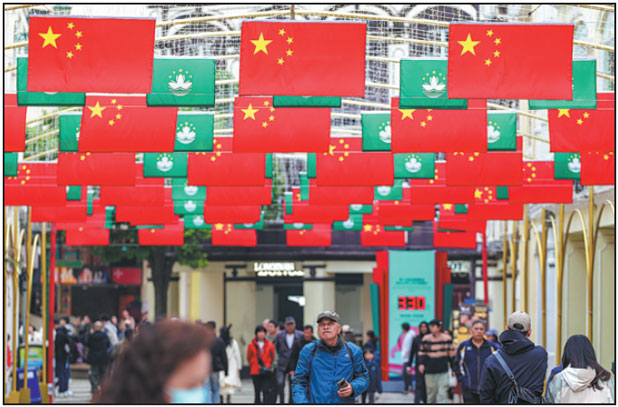
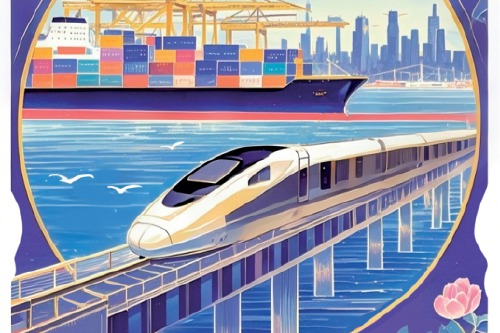
)


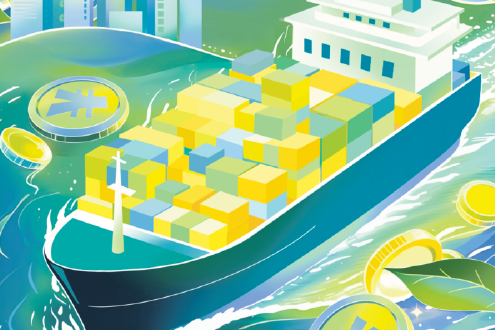




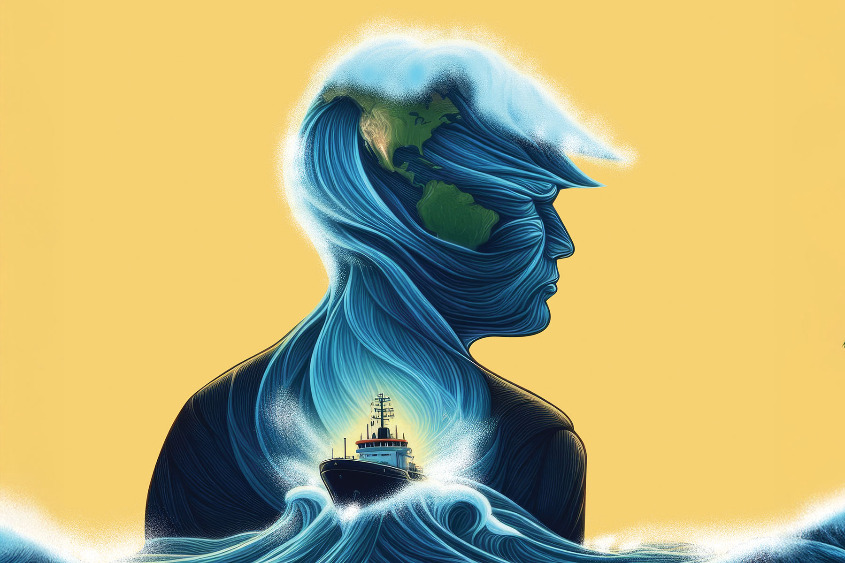
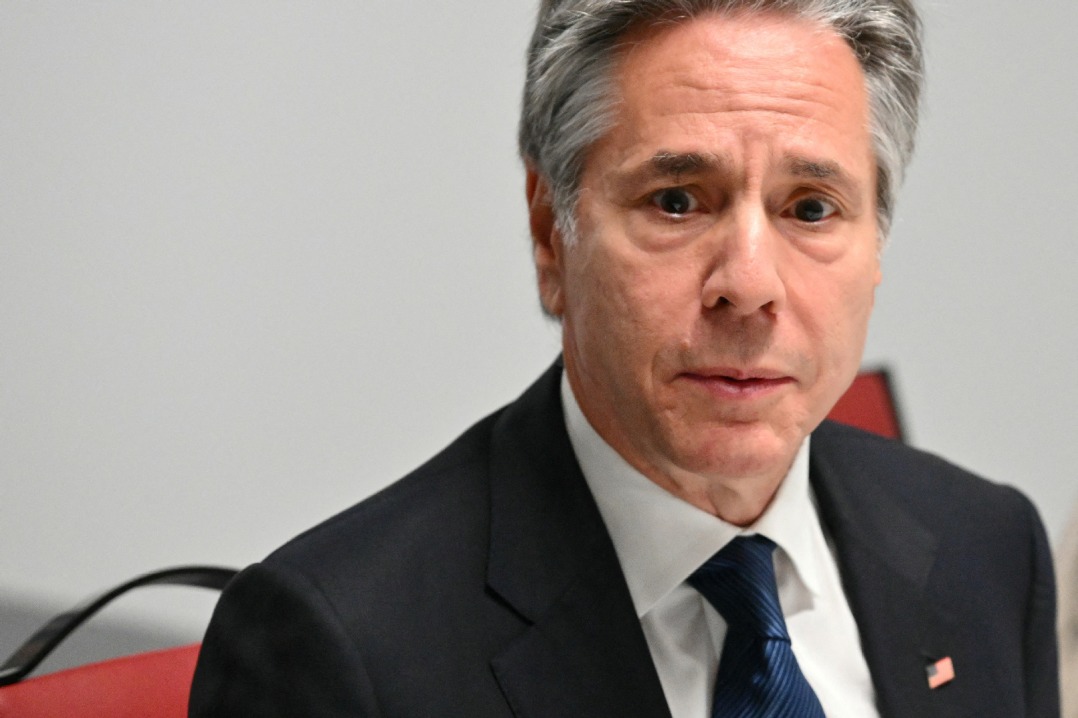



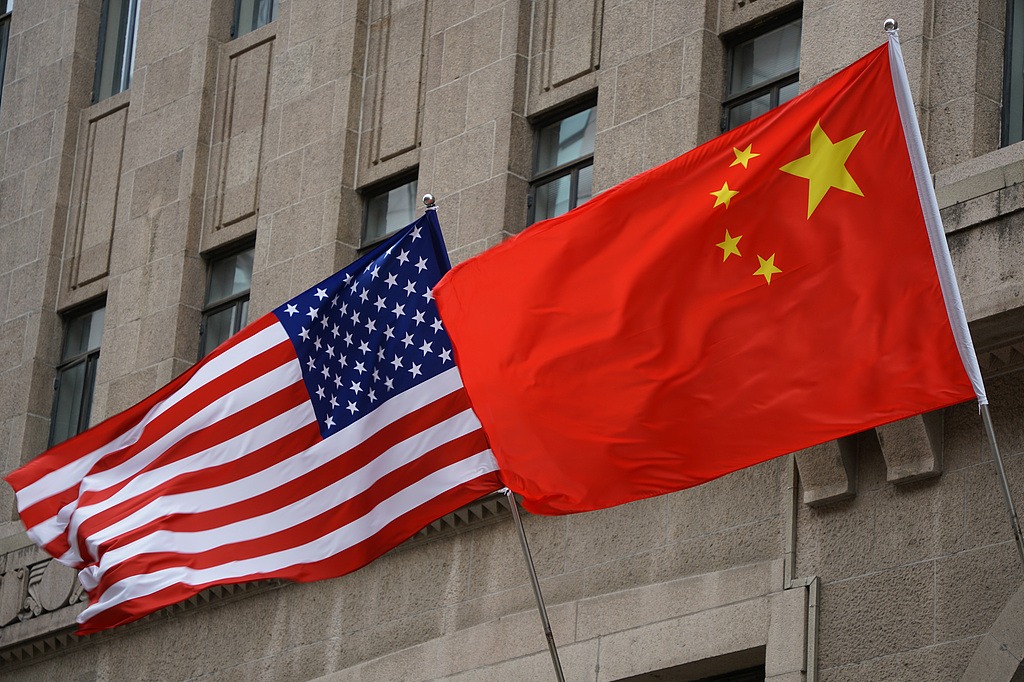

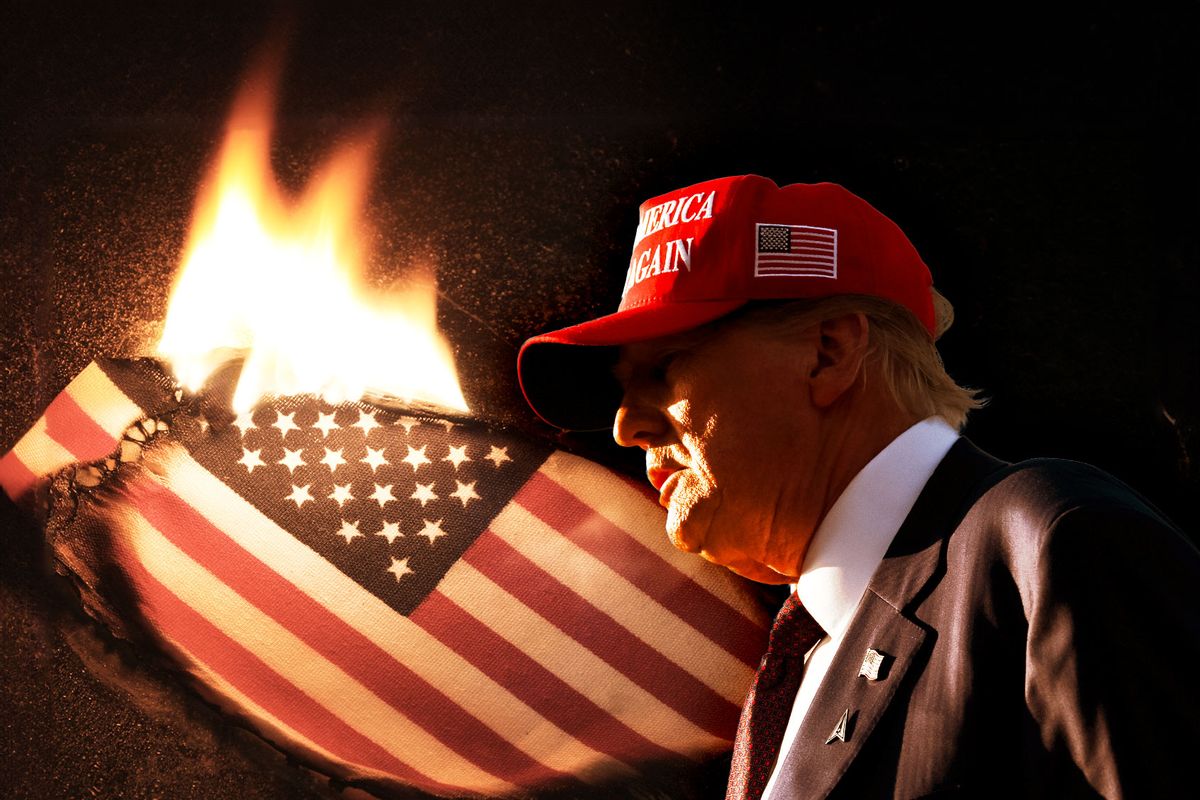
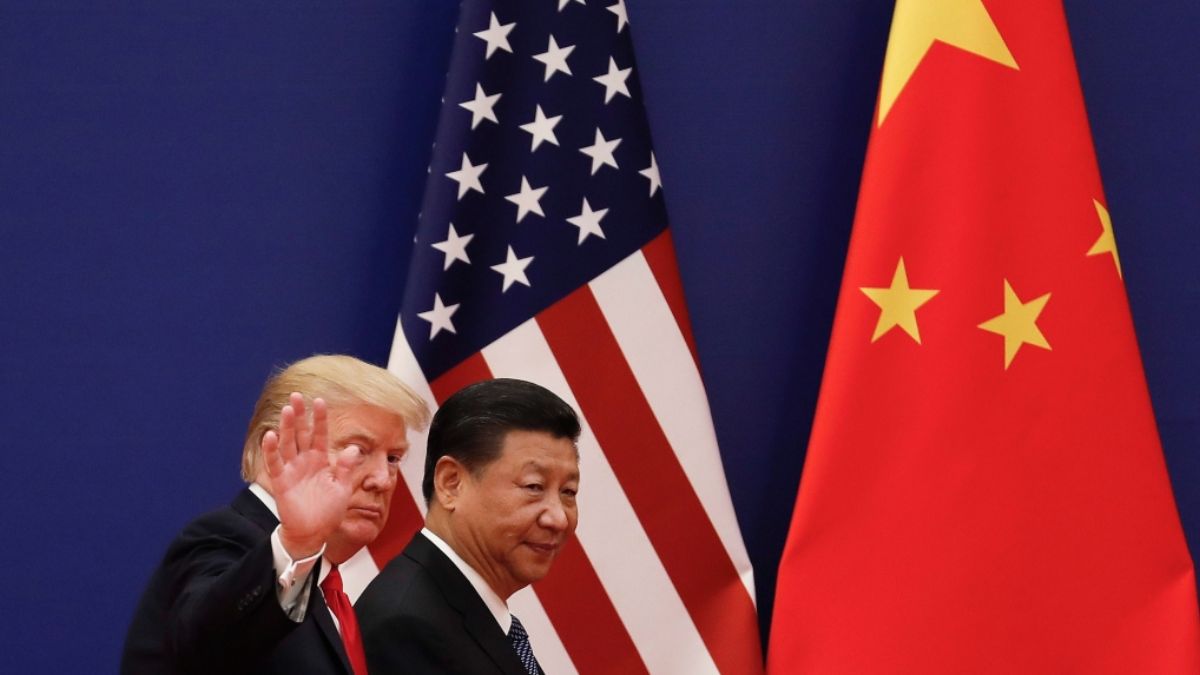)
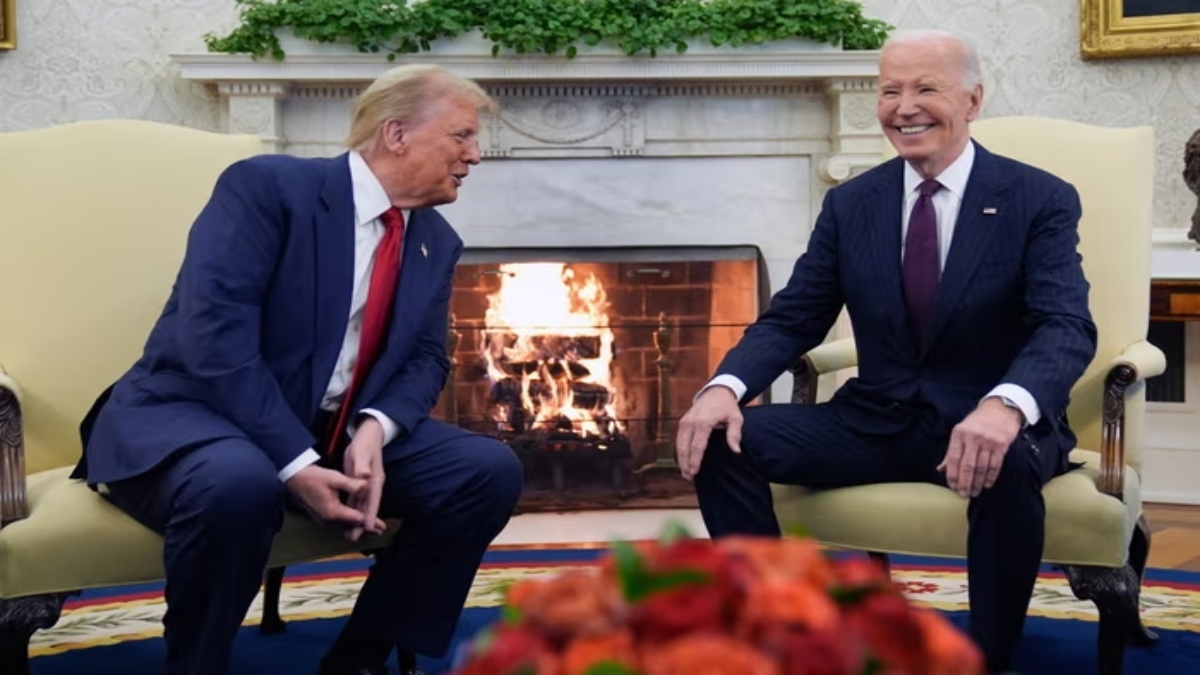)
)
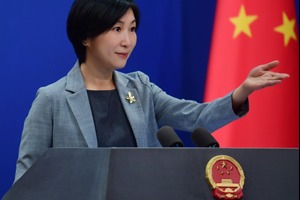
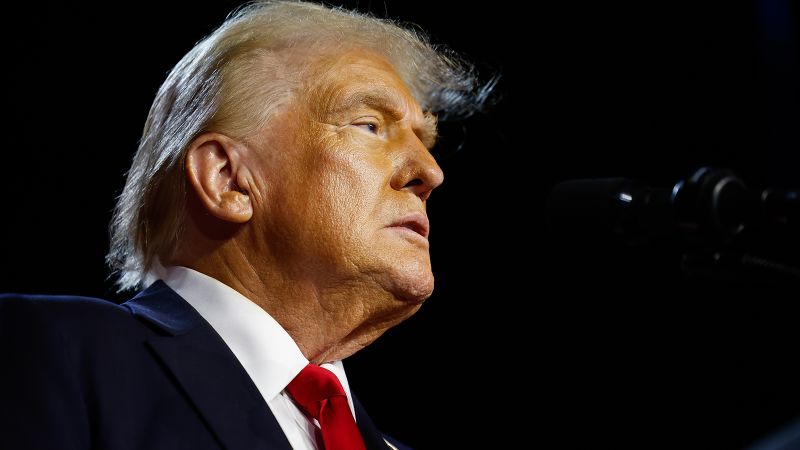
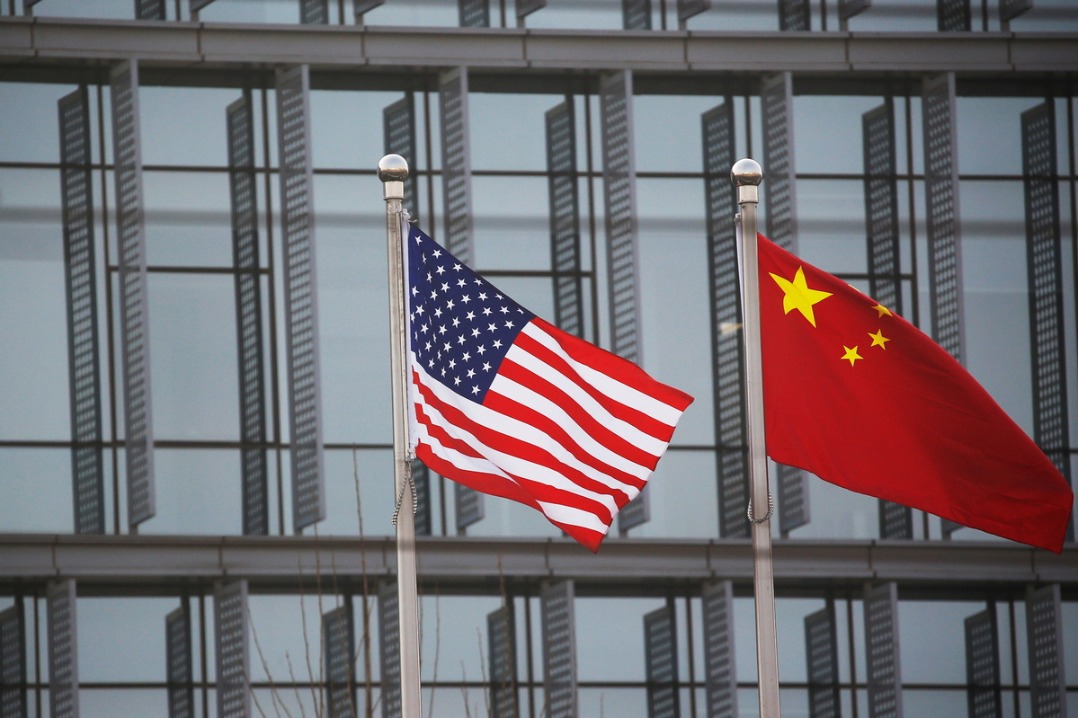

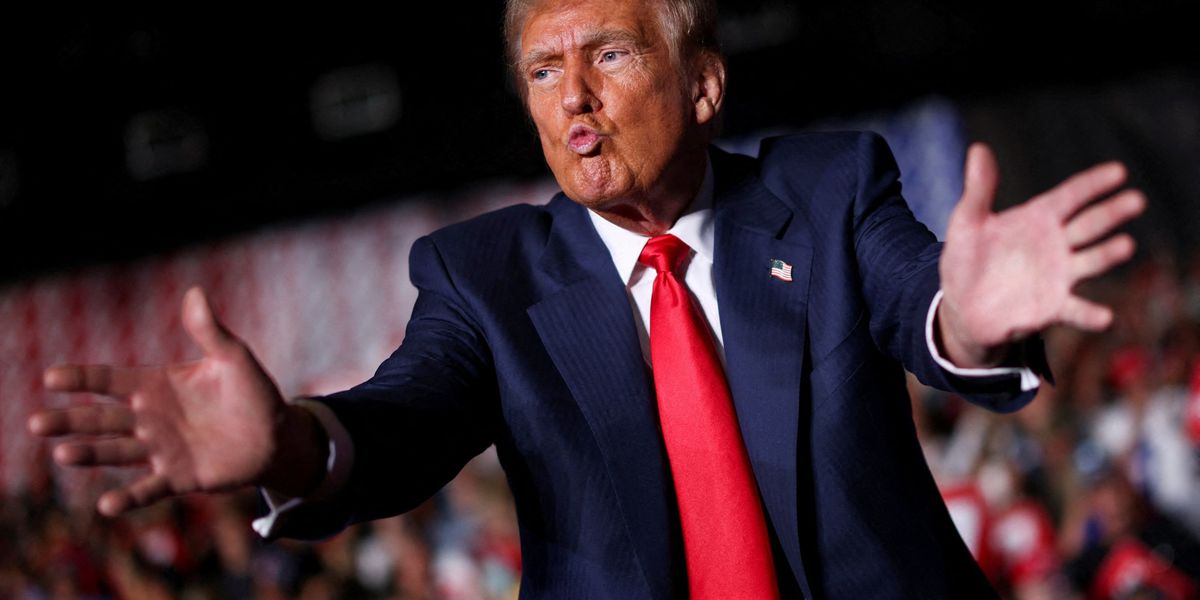





)
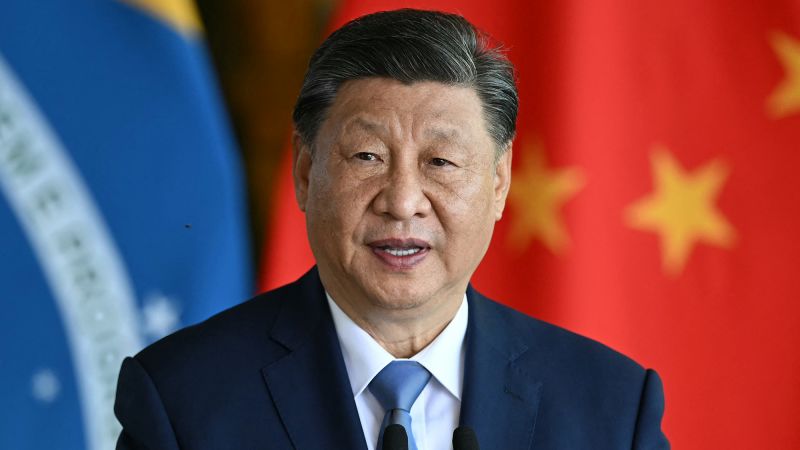
)